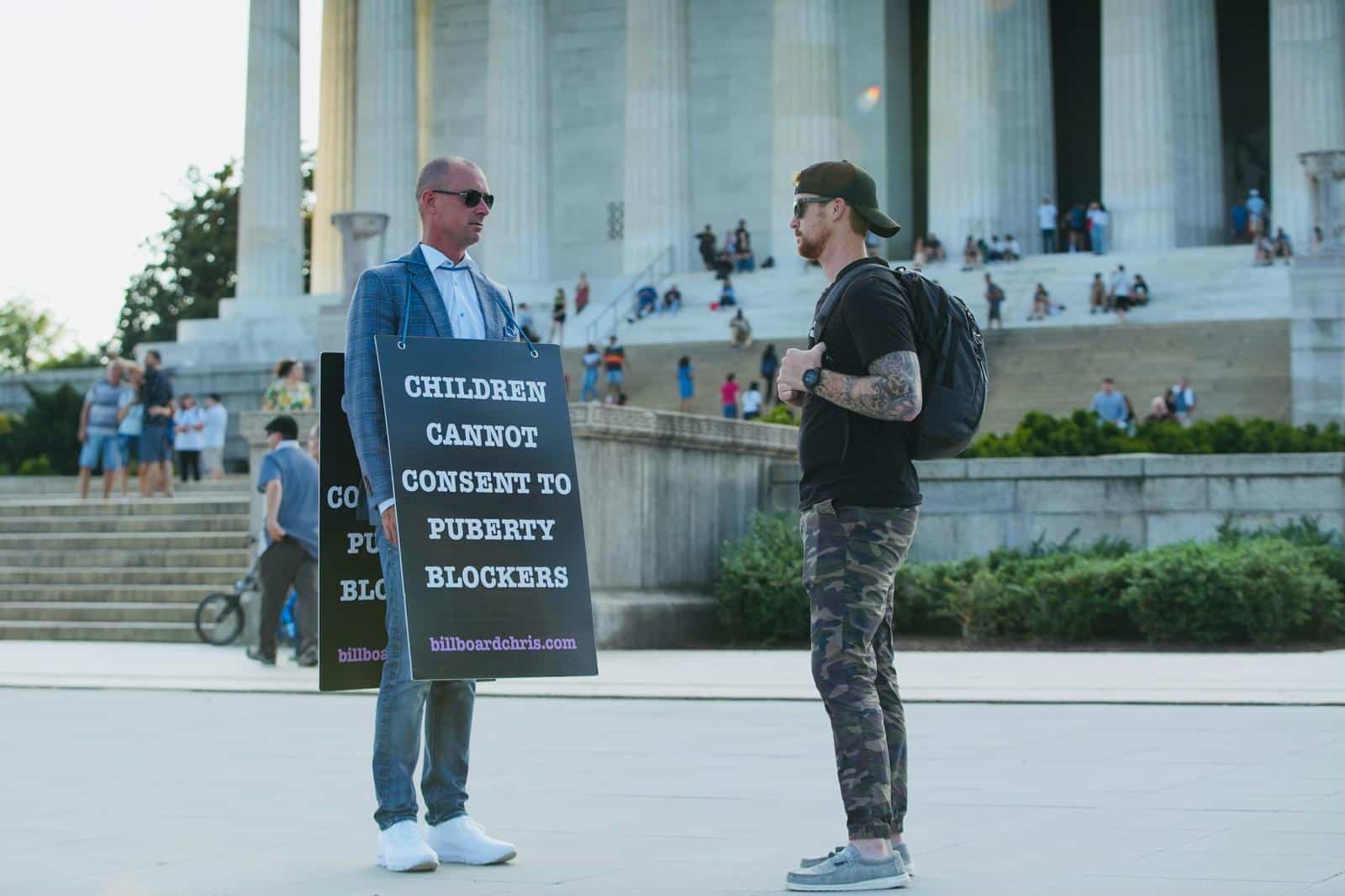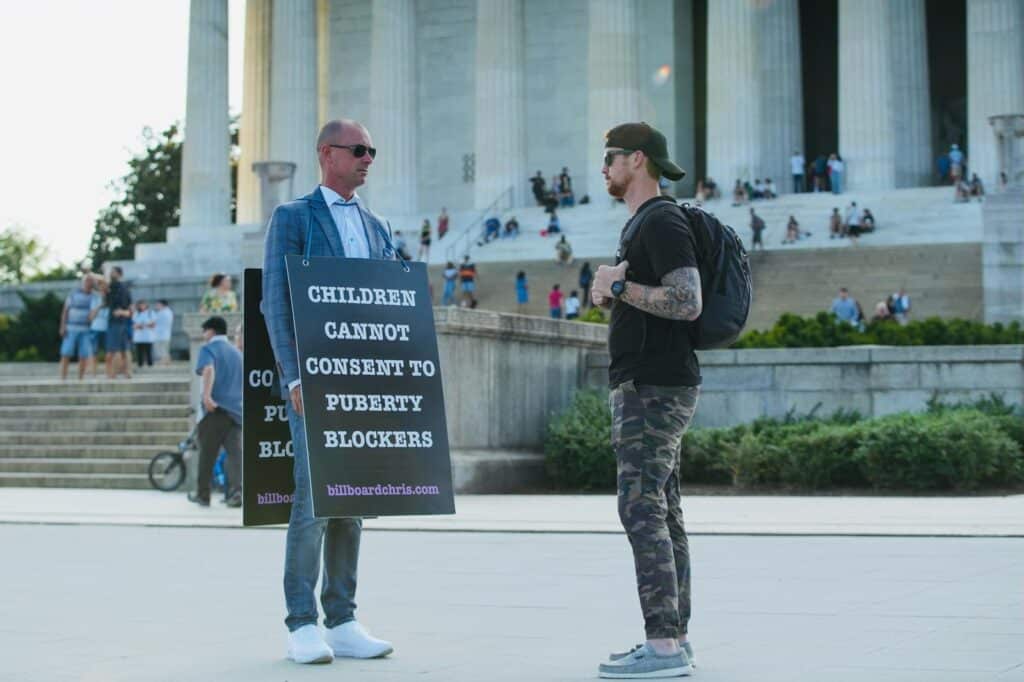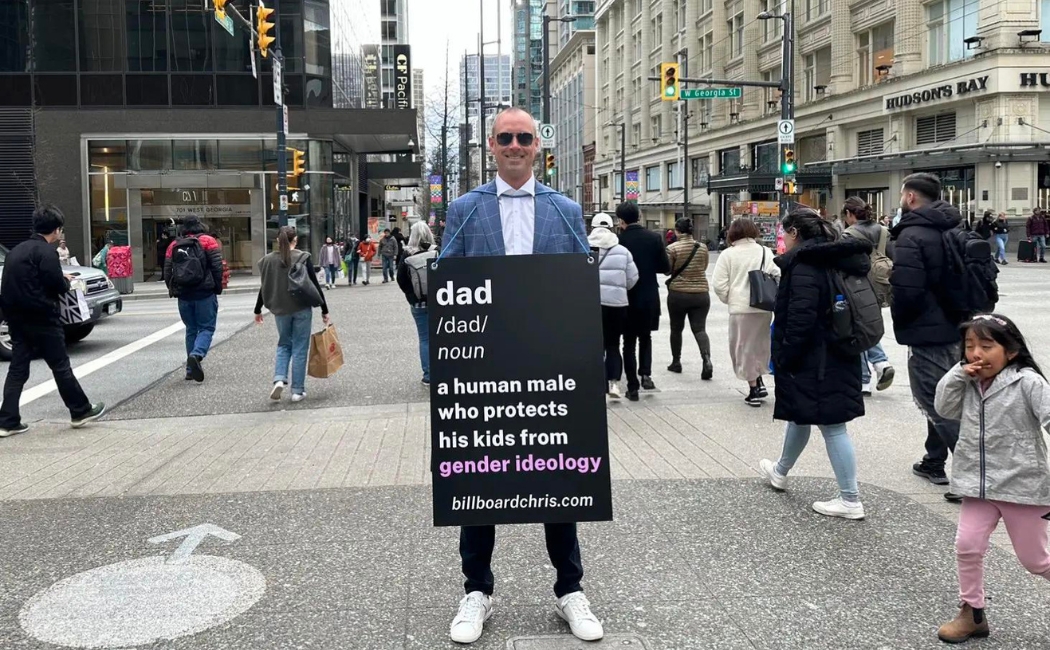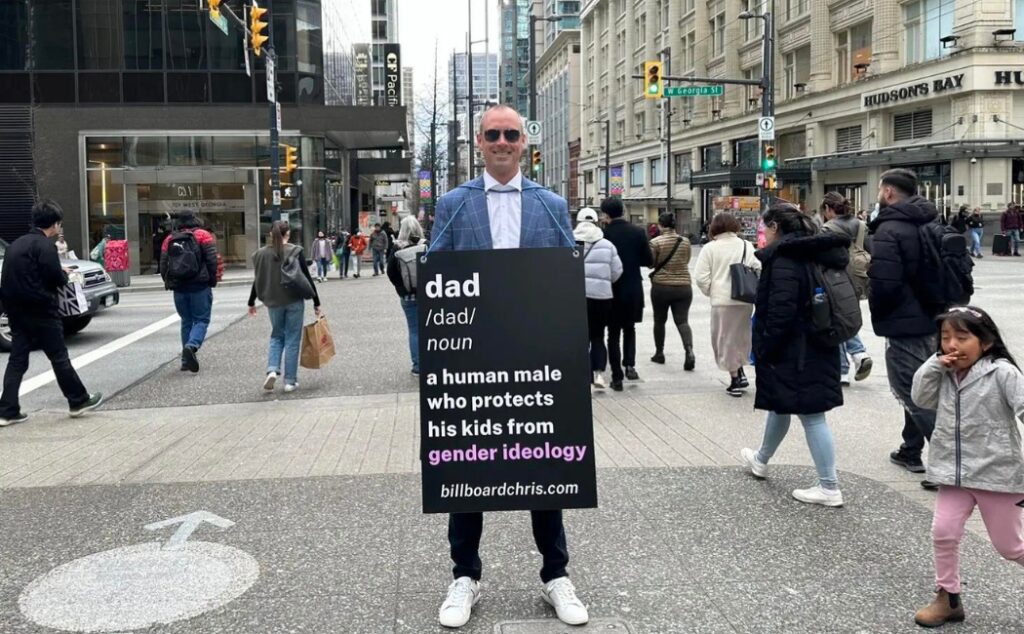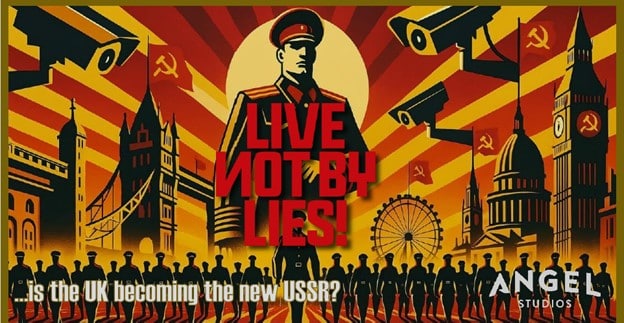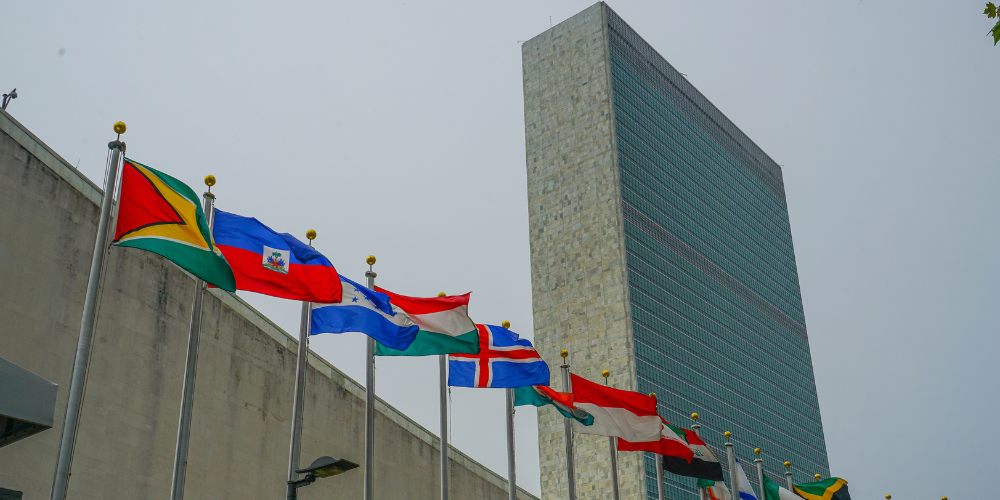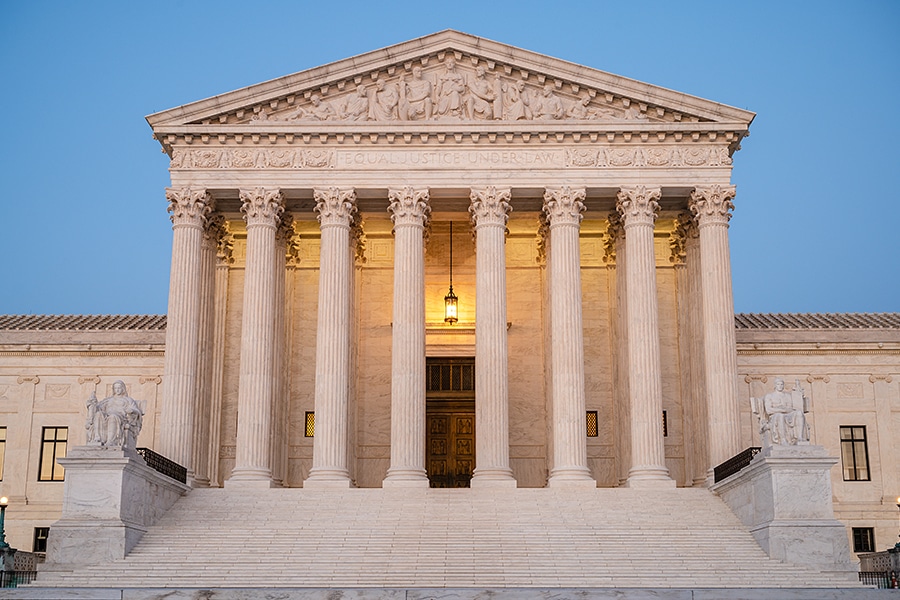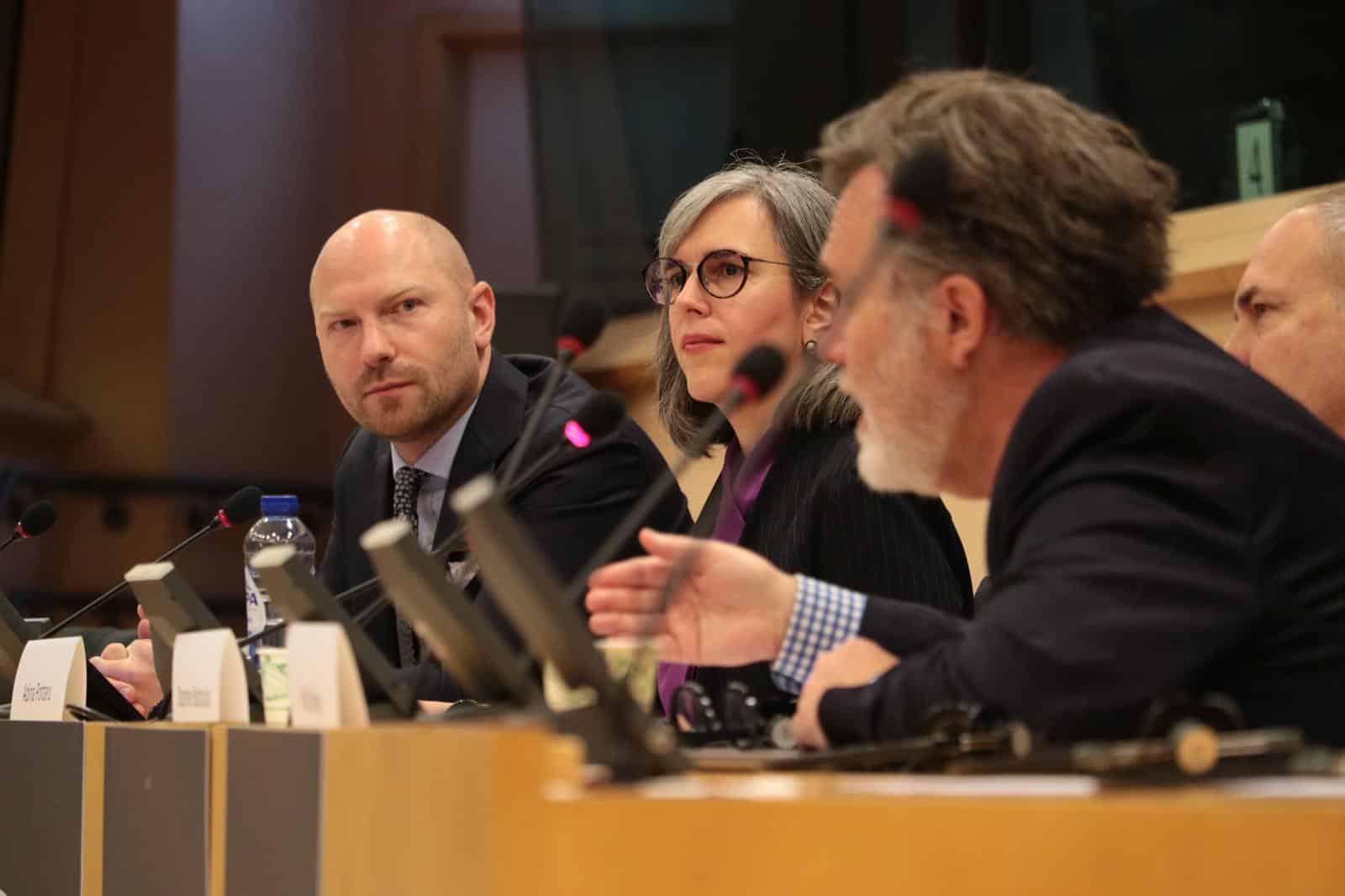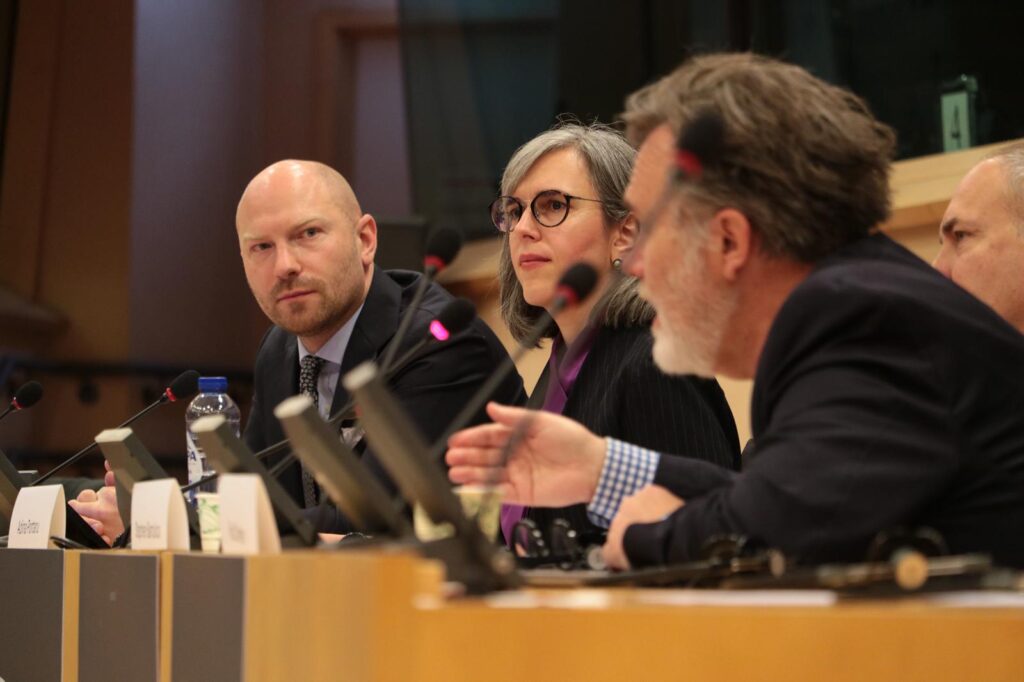- X owner endorses repeal of EU’s Digital Services Act (DSA)
- On Tuesday, X and Canadian campaigner Chris ‘Billboard Chris’ Elston were successful in striking down an Australian government order from the country’s eSafety Commissioner, that censored Elston’s X post. The legal challenge was coordinated by ADF International and the Human Rights Law Alliance
- Recent investigative report by the US House Judiciary Committee called out international censorship, including from Australia’s eSafety Commissioner and DSA
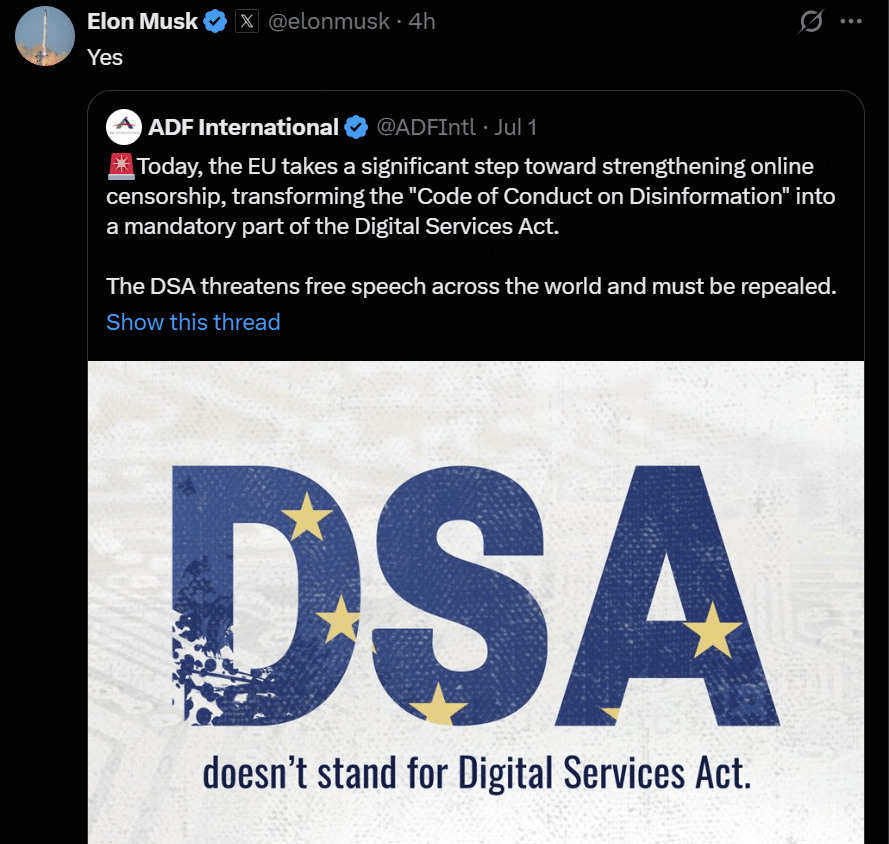
BRUSSELS (3 July 2025) – Elon Musk has set his sights on an EU online censorship law, following his free speech win in Australia earlier this week.
The tech billionaire said “Yes” in response to an X post from ADF International, a Christian legal advocacy organisation that defends free speech, which said: “Today, the EU takes a significant step toward strengthening online censorship, transforming the ‘Code of Conduct on Disinformation’ into a mandatory part of the Digital Services Act.
“The DSA threatens free speech across the world and must be repealed.”
On Tuesday, an Australian tribunal upheld a challenge from X and Canadian campaigner Chris ‘Billboard Chris’ Elston, striking down a government order that censored Elston’s X post. The legal challenge was coordinated by ADF International and the Human Rights Law Alliance of Australia.
Elston’s February 2024 X post referred to controversial WHO “expert” appointee Teddy Cook by her biologically accurate pronouns. The post was deemed “cyber abuse” by Australia’s eSafety Commissioner, which ordered X to remove the content, under the country’s Online Safety Act.
Following a week-long hearing commencing March 31, 2025, the Administrative Review Tribunal in Melbourne ruled this week that the eSafety Commissioner made the wrong decision in determining Elston’s post was “cyber abuse” and set aside the decision. Read more about the win here.
Paul Coleman, an international lawyer specialising in free speech and ADF International’s Executive Director, said: “From the EU’s Digital Services Act to Australia’s Online Safety Act, laws restricting free speech online follow a similar censorial playbook across the world.
“Through legislation like these, we are today witnessing a coordinated global attack on free speech. Elon Musk is right to stand up to DSA censorship and use his platform to advocate for free speech online.
“Following our free speech win in Australia, ADF International we will continue to challenge online censorship in the digital marketplace of ideas.”
Code of Conduct on Disinformation
ADF International’s thread on X, which Musk re-posted with his comment, said: “Today [1 July], the EU takes a significant step toward strengthening online censorship, transforming the ‘Code of Conduct on Disinformation’ into a mandatory part of the Digital Services Act. The DSA threatens free speech across the world and must be repealed.
“The EU’s DSA has created one of the most dangerous censorship regimes of the digital age. It is an authoritarian framework that enables unelected bureaucrats to control online speech at scale—both in Europe and globally—under the guise of ‘safety’ and ‘protecting democracy’.
“The DSA is a legally binding regulatory framework that gives the European Commission authority to enforce ‘content moderation’ on very large online platforms and search engines with over 45 million users per month. Platforms that fail to comply face massive financial penalties and even suspension.
“It requires platforms to remove ‘illegal content,’ defined as anything not in compliance with EU or Member State law at any time, now or in the future. This creates the ‘lowest common denominator’ for censorship across the EU, effectively exporting the most restrictive laws to all Member States. The DSA’s approach to loose concepts such as ‘misinformation,’ ‘disinformation,’ ‘hate speech,’ and ‘information manipulation’ may lead to wide-sweeping removal of online content.”
US House Judiciary Committee report
An investigative report by the House Judiciary Committee recently exposed Australian eSafety Commissioner Julie Inman-Grant’s coordination with international bodies to censor lawful online speech.
In addition to the eSafety Commissioner, it also called out DSA censorship, saying: “In recent years, foreign governments have adopted legislation and created regulatory regimes in an effort to target and restrict various forms of online speech.
“Foreign regulators have even attempted to use their authority to restrict the content that American citizens can view online while in the United States. In particular, the European Commission (EC) and Australia’s eSafety Commissioner have taken steps to limit the types of content that Americans are able to access on social media platforms.”
The report went on to discuss the DSA and said: “Vague, overly burdensome regulations targeted at so-called ‘systemic risks’ create an environment in which platforms are more likely to remove or demote lawful content to avoid potential fines. The ability of European regulations to exert extraterritorial influence over American companies and consumers in this manner is often referred to as the ‘Brussels Effect.’”
Images for free use in print or online in relation to this story only.
Pictured: Paul Coleman, Chris Elston with ADF International’s Lois McLatchie Miller, Chris Elston

